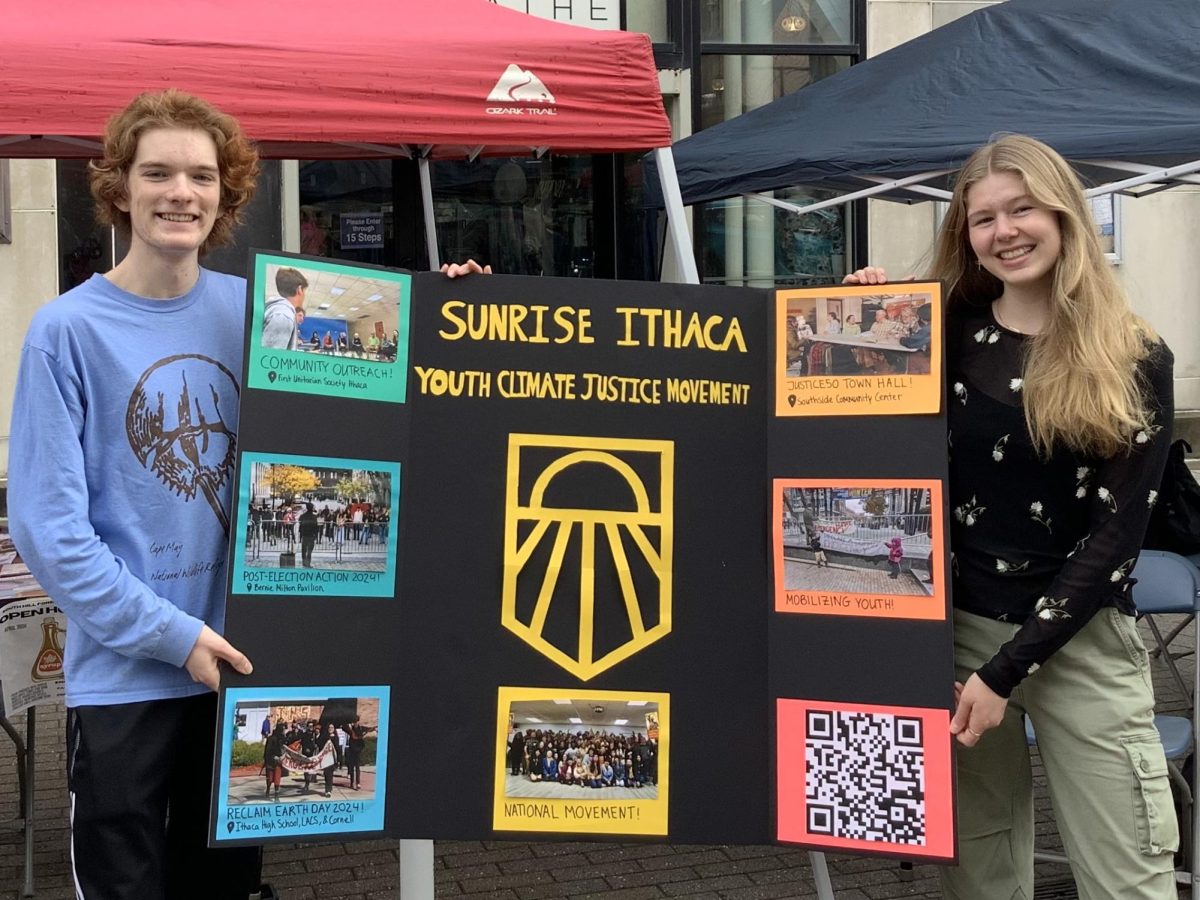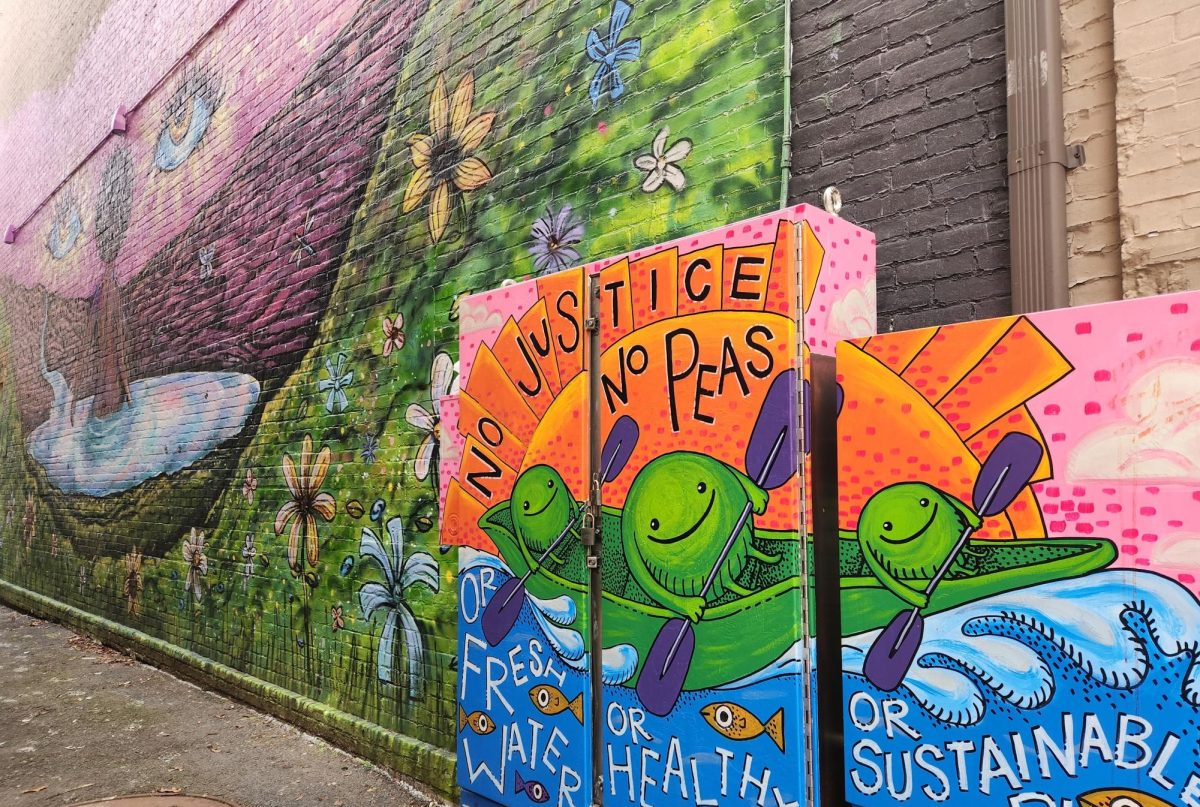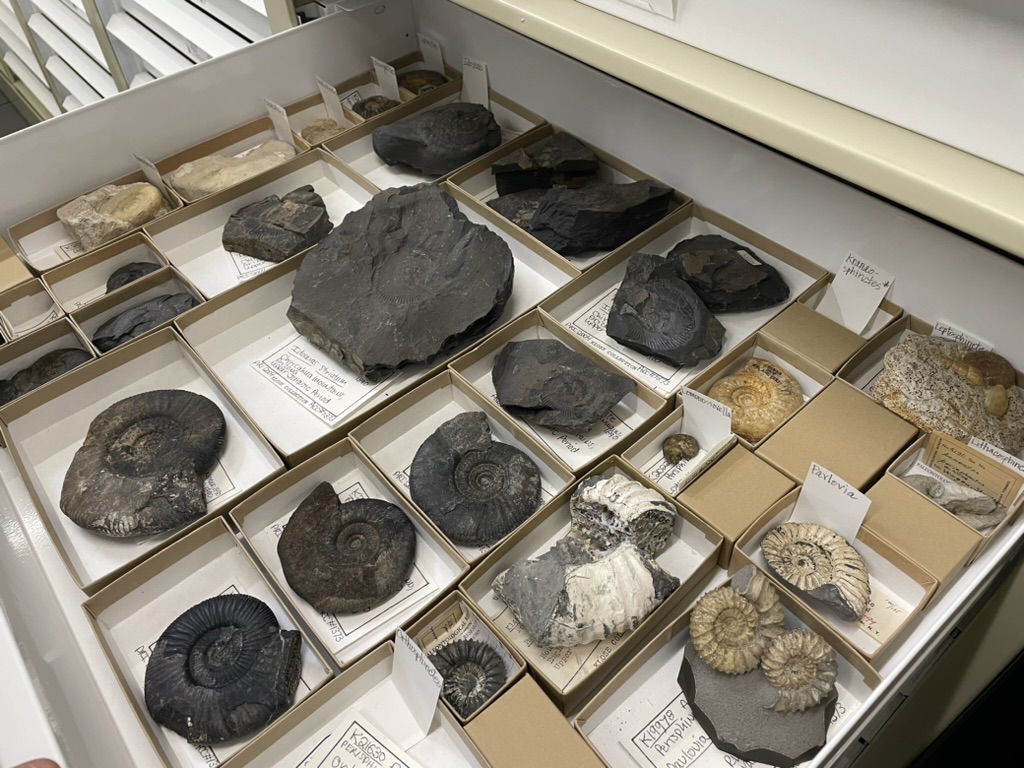A Sept. 5 press release by the department indicated that there were five cases of syphilis in Tompkins County in the first eight months of the year, two more than the average for a 12-month period. However, since then, the number has climbed to eight cases. Additionally, the 14-county Central New York region saw six cases total of syphilis in 2013. Through the first six months of 2014, there were 30 cases.
The correlation between this spike and popular culture is not all that unfamiliar, particularly because the majority of those affected by the infection are arranged, anonymous hookups Theresa Lyczko, spokersperson for the Tompkins County Health Department, said. “Even since 2008, some arrangements were made through Craigslist—and in fact they are still made through Craigslist, but now there [are] also mobile apps [that] have made it easier to arrange anonymous sexual encounters.”
Lyczko went on to note how several of the doctors who confirmed these cases of syphilis reported that their patients had used dating apps to find sexual partners.
The dating apps Tinder, Tagged, and Grindr are among those linked to the increase in anonymous hookups in popular culture. All are among the top “Lifestyle” apps downloaded on the iTunes App Store; Tinder is currently the 24th overall most downloaded app.
There’s one clear distinction that must be made about this data, though, said Gregory Addicott, clinical assistant at Northeast Pediatrics in Ithaca, N.Y. Primarily, those affected in Tompkins County in 2014 have been men who engage in sexual activity with men, a population where, Addicott notes, syphilis already runs at an increased rate.
“These kinds of apps are used as a way to develop their identity and form connections, particularly among gay men especially as they come out because they’re trying to form connections,” said Addicott. “My thing is – why don’t we create a safer environment for them to make connections?”
Dr. Estela Lacap of Allergy and Pediatrics in Freehold, N.J., asks, “Just because you have a phone app and you’re having sex and meeting people… does not really affect your sexual practice. If you understand and you know that you should be protecting yourself when having sex then… the phone app alone does not make it worse.”
One former Tinder user, who wished to remain anonymous, downloaded the app and went on several “Tinder dates” while studying in London and New York City. In London, the user downloaded it to “network from a distance” and find out the “good places and bars.” However, things changed when she was in New York City, where “everyone sticks with their own group of friends.”
“With Tinder, you develop a friend group instantly,” she said. “[But] you think about the people you meet on these social media apps—how do you not know they haven’t been with a million other versions of you if it’s so easy to meet people [on these apps]?”
Whether it can be firmly blamed on dating apps remains unseen, but Lacap says that the evolution of popular culture is most certainly a culprit for the rise of the change in sex culture. “Younger people are more used to sexual practices earlier on – they know more, the innocence goes away earlier because of all those things they see with social media.”
“People aren’t viewing promiscuity as a bad thing,” says Addicott. “[And] it’s the person that makes the app, not the app that makes the person.”






